Sugar..almost everyone loves a sweet bite, but we also know how consuming too much refined sugar can affect our health.
This awareness has resulted in a growing interest in healthier sugar alternatives.
Natural sweeteners such as maple syrup, coconut sugar, molasses and rice syrup make a great addition to a holistic health-conscious life.
Coconut sugar is one of the popular sweeteners, loved for its pleasant taste and low glycemic index. Plus it contains trace minerals such as potassium, iron, calcium and zinc.
Since it is also known as coconut blossom sugar or coconut palm sugar, it is sometimes confused with another sweetener: palm sugar. While they have a lot in common, they are not the same.
Keep reading to learn more about the differences between coconut sugar and palm sugar.
Let’s first look at their similarities.
· Both sugars are natural sweeteners derived from palm trees.
· Both are naturally very sweet and have a low glycemix index.
· They come in both sugar and syrup consistency.
· Both have been traditionally used in different regions in Asia throughout history.
· They can be further processed into products such as alcoholic beverages and vinegar.
The difference between coconut sugar and palm sugar
So what’s different about them?
· Coconut sugar comes from the nectar of the flower buds of the coconut palm.
Palm sugar comes from the trunk sap of sugar palms such as the Arenga pinnata palm.
· Coconut sugar has a lighter color than palm sugar. You will find it in different shades of gold-brown, while palm sugar is dark brown.
· Coconut sugar has a mild caramel taste. Palm sugar on the other hand, has a more pronounced caramel meets smoky taste and a more intense fragrance.
· When I was traveling in Indonesia, palm sugar was cheaper than coconut sugar.
I don’t know if it’s like that everywhere.
If the package doesn’t provide enough information, just ask the producer if it’s Arenga sugar or coconut sugar.
Can you substitute coconut sugar for palm sugar?
Although they are similar, some traditional dishes require a particular sugar.
When a recipe calls specifically for palm sugar it’s for its intense, smoky taste.
Coconut sugar will give the dish a milder taste.
If you use palm sugar instead of coconut sugar in a recipe, the flavor will come out stronger.
Keep in mind that the taste can differ according to region. Indonesian palm sugar for example is stronger in taste and darker than Thai palm sugar.
Palm sugar produced outside of Indonesia, Thailand, The Philippines etc. is often not pure. They sometimes mix it with cane sugar or another sugar, which makes the flavor less pronounced.
How sustainable are both types of sugar?
Coconut sugar is made from the flower buds of the coconut tree.
Once you cut them off for sugar production, they can’t grow into coconuts.
Growing both coconuts and flower buds for coconut sugar production from the same tree at the same time doesn’t work.
The Crop Science Society of the Philippines experimented with this.
They grew coconut trees for coconut sap production for a short period of time and then switched to growing coconuts.
This resulted in 50% less coconuts than with trees that only grew coconuts.
Their research was published in 1993 when they mainly used coconut sap to produce traditional products such as toddy, coconut wine and vinegar.
This was years before coconut sugar became so popular internationally.
Palm sugar is derived from the palm trunk. The Arenga pinnata palm is able to live on infertile, eroded soils. Not only is it six times as productive as sugar cane, it also improves the ecosystem of forest floors and removes CO2 from the atmosphere.
While the palm oil industry is very unsustainable and damages rainforest, palm sugar production is a sustainable practice.
Willie Smits is a sugar palm expert who has been creating valuable initiatives to make palm sugar production more sustainable by using steam instead of wood. This saves about 200.000 trees per year!
Willie is involved in various reforestation and community programs in Indonesia with his organization Masarang.
He also focuses on projects to save endangered species and support biodiversity.
This kind of people and projects make me very happy, which is why I love supporting them.
Which sugar is the best?
This really depends on your taste and what you want to use the sugar for. Both have their similarities as well as their own characteristics. Out of the two, palm sugar is the most sustainable option.
If you’re looking for a specific taste for a traditional Asian dish, follow the recipe.
Otherwise they are both very tasty and healthier than refined sugar.
My pick:
Coconut sugar: I love Big Tree Farms products, a company based in Indonesia. When I was in Bali, I visited their chocolate factory which is entirely made from bamboo.
It was a very interesting and fun day which gave me a good impression about what they do and about their company ethics.
They also produce some of the most delicious chocolate I have ever tried and a series of amazing coconut sugars.
Big Tree Farms currently produces 3 organic variations: Brown coconut sugar which has a rich, warm caramel-y taste, Golden coconut sugar, which has a light and soft taste and Vanilla coconut sugar made with real organic vanilla bean.
If you prefer a liquid sweetener, they also have a fantastic Amber coconut nectar.
Palm sugar: Masarang sugar is my favorite, which I buy in an organic wholesale in the Netherlands. For international orders, it’s best to order them directly through their website.
Update: I have minimized my coconut sugar consumption.
I think it is a delicious sweetener, but it is so much more sustainable to let the coconut blossoms grow into coconuts and produce many other coconut products instead.
I’m using palm sugar more often now, which is the most sustainable sweetener out of the two.
This post contains affiliate links. I may earn a commission if you purchase something. This is at no extra cost to you, but it helps me to keep this blog running.
I only link to products that I love, would use myself and have researched. Thank you for your support!
Other articles about coconut sugar:
Is coconut sugar a healthier alternative to regular sugar?
How I drastically minimized my refined sugar intake.

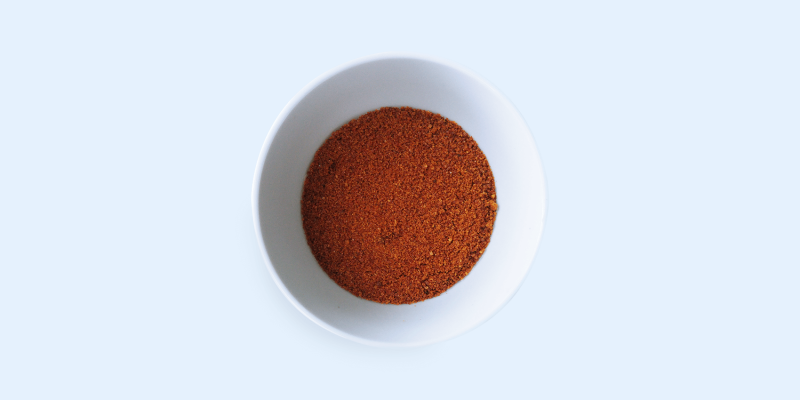
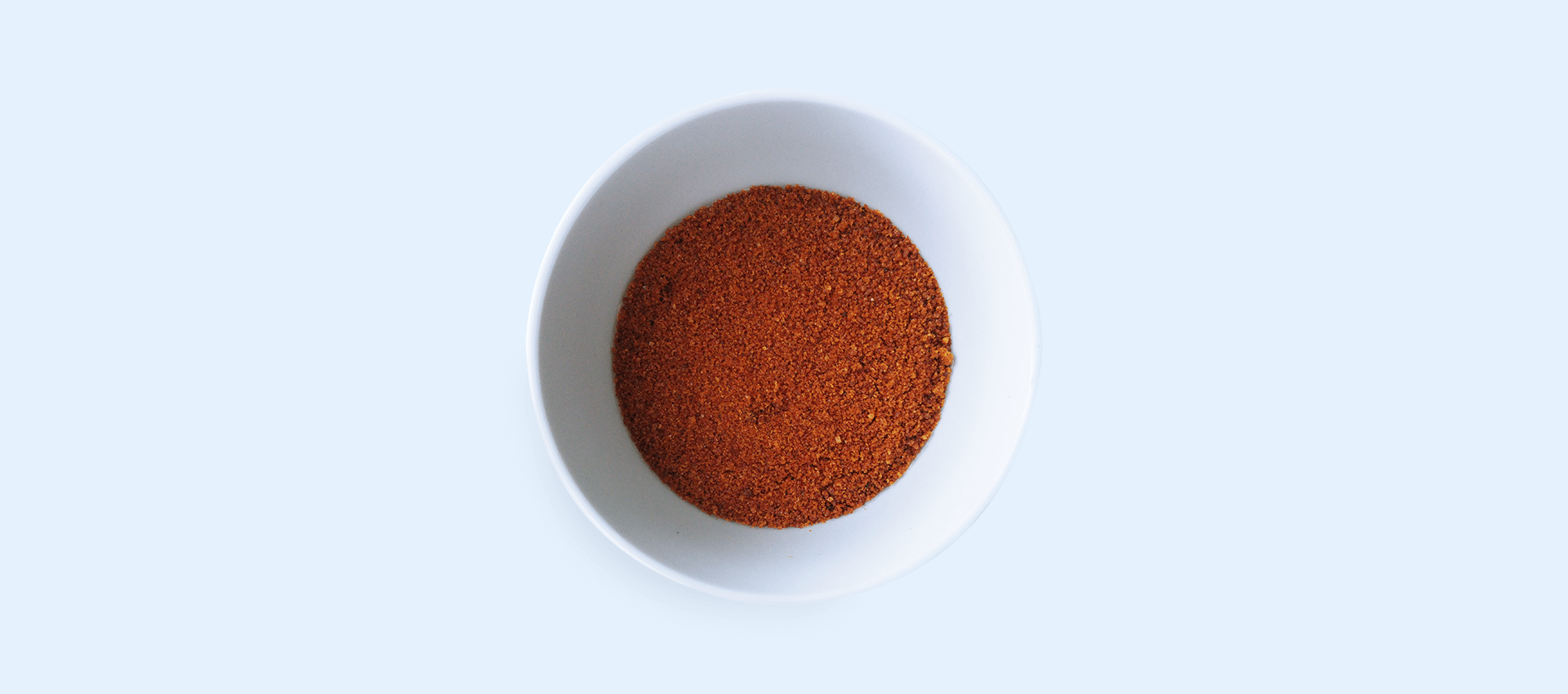
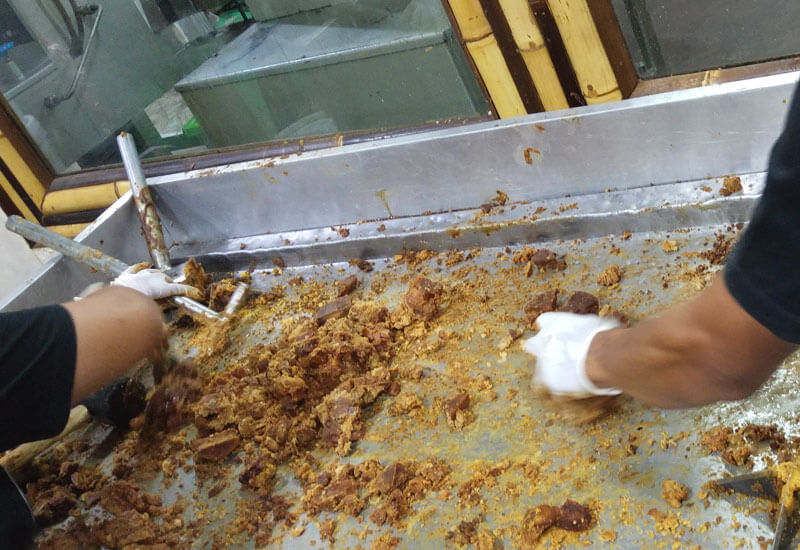

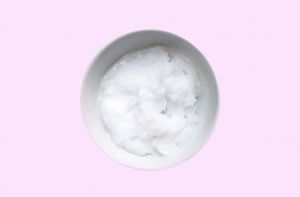
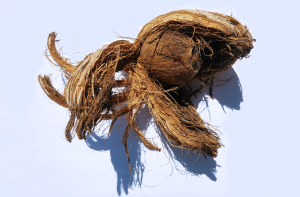
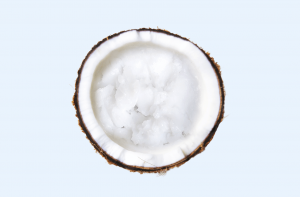
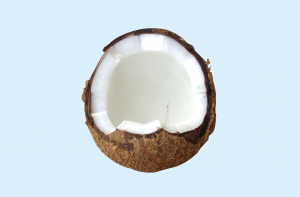
Leave a reply